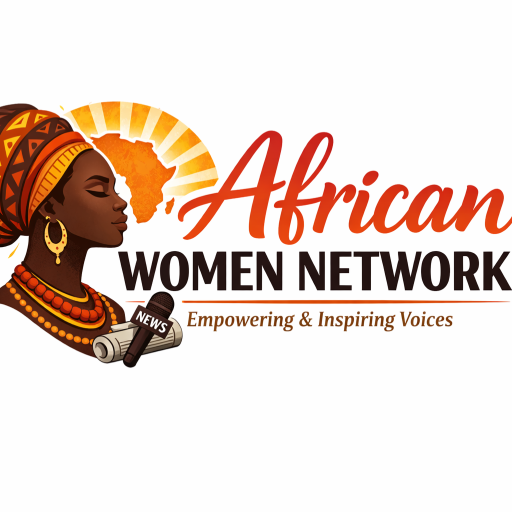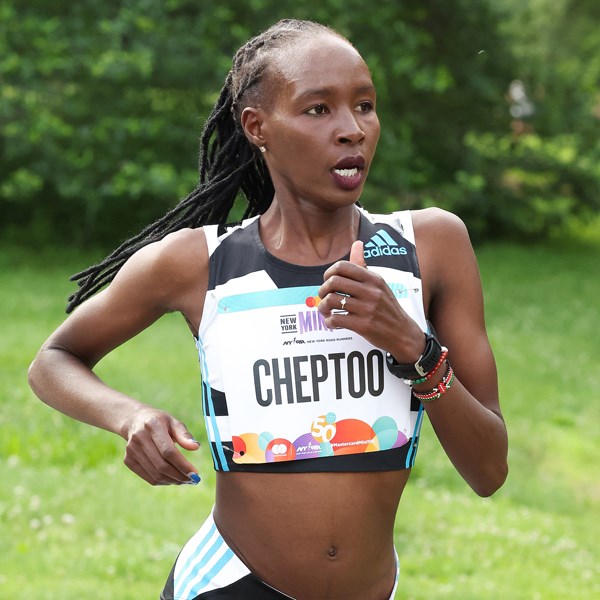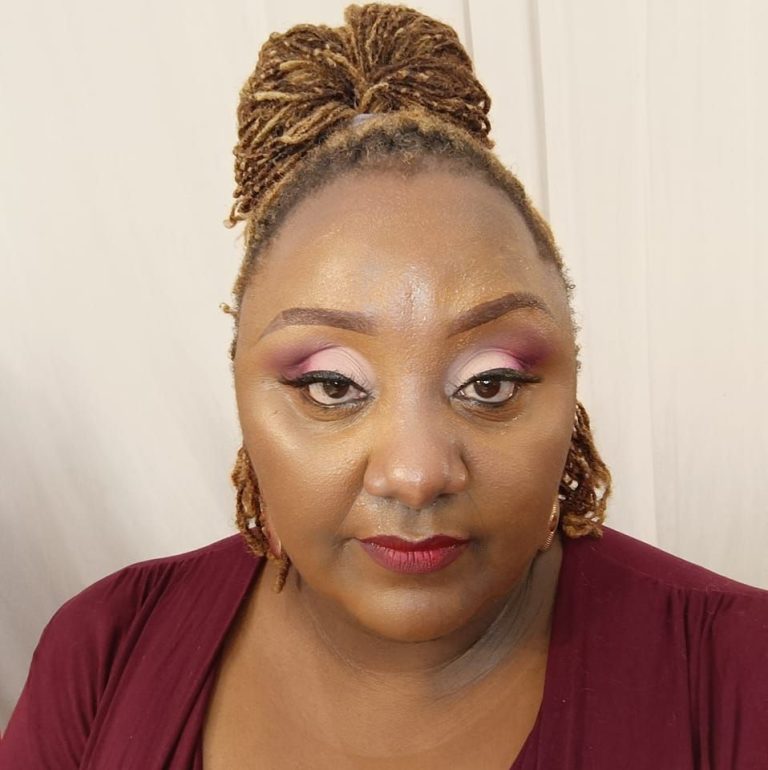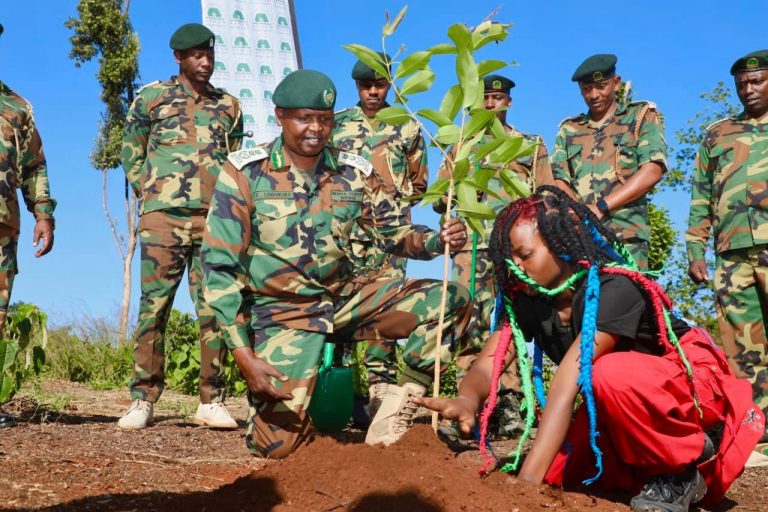Kenyan marathoner and Tirop’s Angels co-founder Viola Cheptoo Lagat is redefining the fight against gender-based violence (GBV)...
Milcah K
Public health officers in Kirinyaga County are urging the government to tighten regulations on diaper disposal due...
Dr. Sylvia Shitsama Nyamweya has made history as Kenya’s first female neurosurgeon, breaking barriers and inspiring a...
Merck Foundation CEO and Kenya’s First Lady, H.E. Mrs. Rachel Ruto have expanded their collaboration to build...
The Government of the Netherlands has launched the FemFocus grant programme for 2026–2030, providing up to EUR...
Merck Foundation has reaffirmed its commitment to strengthening healthcare systems and tackling social health challenges across Africa...
Njeri wa Migwi has stood out as a leading voice in Kenya’s fight against gender-based violence (GBV),...
President William Ruto has appointed Truphena Muthoni Ambassador for Kenya’s 15 Billion Tree Planting Campaign in recognition...
Nairobi City County is the first in Kenya to grant women employees two monthly Menstrual Health Days...
In the latest episode of She Means Business, Waithera Ng’ang’a,now Group Director of Corporate Affairs at Bio...














